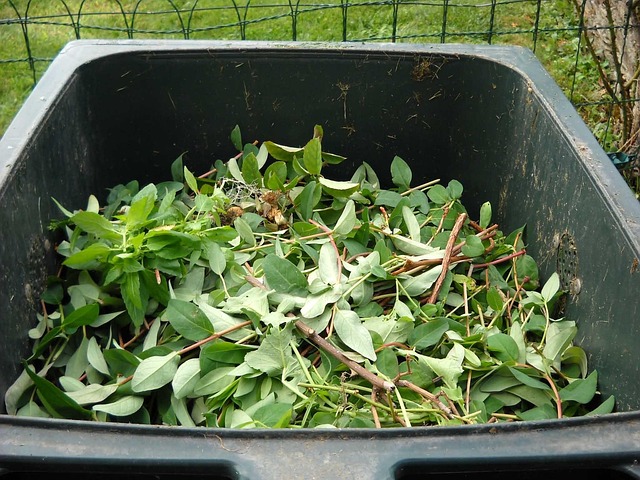Composting has become an essential practice in the fight against climate change, and for good reason. By embracing composting, we are not only reducing waste but also nurturing our environment. Here are nine compelling reasons why composting is crucial in the battle against climate change.
1. Waste Reduction: Every day, tons of organic waste end up in landfills where they produce methane, a potent greenhouse gas. Composting diverts this waste, reducing landfill contributions and mitigating environmental harm.
2. Enriching Soil Health: Compost acts as a natural fertilizer, enriching soil with essential nutrients. Healthy soil supports plant growth, which in turn captures carbon dioxide from the atmosphere, making it a critical ally in our effort against climate change.
3. Decreasing Carbon Footprint: By composting, we significantly lower our carbon footprint. It requires less energy to compost organic waste than to manage it through traditional waste disposal methods. This means fewer emissions and a lighter ecological footprint.
4. Promoting Biodiversity: Compost enriches the soil, fostering an ecosystem where various organisms can thrive. This biodiversity is essential for resilient ecosystems capable of adapting to the effects of climate change.
5. Saving Water: Compost improves soil structure, enhancing its ability to retain moisture. This means less water is needed for irrigation, a critical benefit in regions facing drought and water scarcity, exacerbated by climate change.
6. Supporting Local Agriculture: Composting creates a cycle of nutrient recycling that benefits local farmers and gardeners. The organic compost they produce is often more effective and sustainable than chemical fertilizers, contributing to healthier food systems.
7. Encouraging Community Engagement: Composting fosters a sense of community. When individuals come together to compost, they share knowledge and resources, strengthening community ties while advocating for sustainability and environmental responsibility in the face of climate challenges.
8. Education and Awareness: The act of composting raises awareness about the importance of reducing waste and being environmentally conscious. As people engage in composting, they become more informed about the impacts of climate change and what they can do to help.
9. Creating a Sustainable Future: Ultimately, composting is a step toward creating a sustainable future for generations to come. By understanding the cycles of nature and embracing composting, we cultivate a planet that lives in harmony with its inhabitants and thrives despite the challenges of climate change.
Incorporating composting into our daily lives is not just an individual endeavor; it’s a collective movement towards sustaining our environment. Every small contribution counts, and together we can make a significant impact in addressing the pressing issue of climate change.



